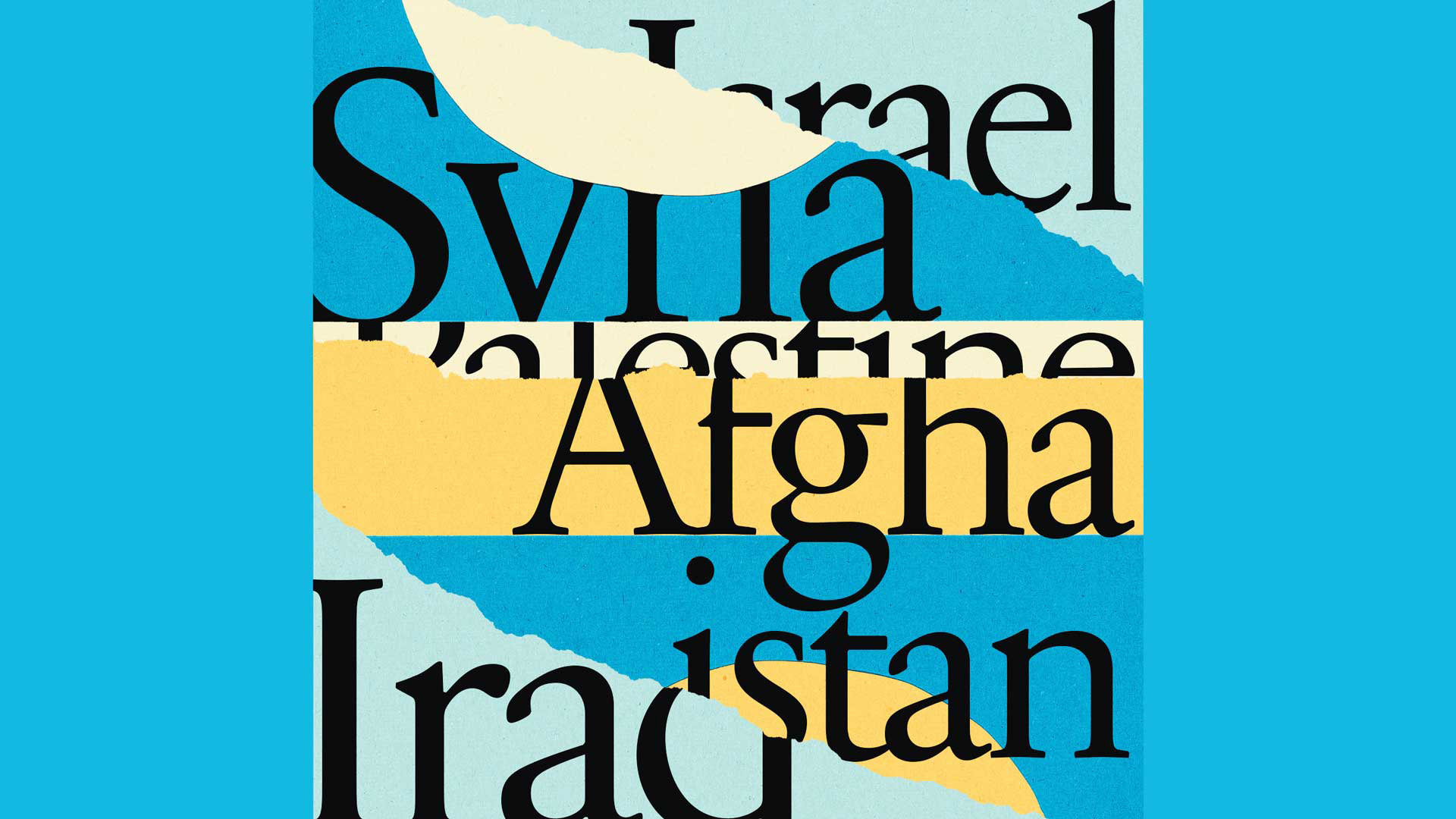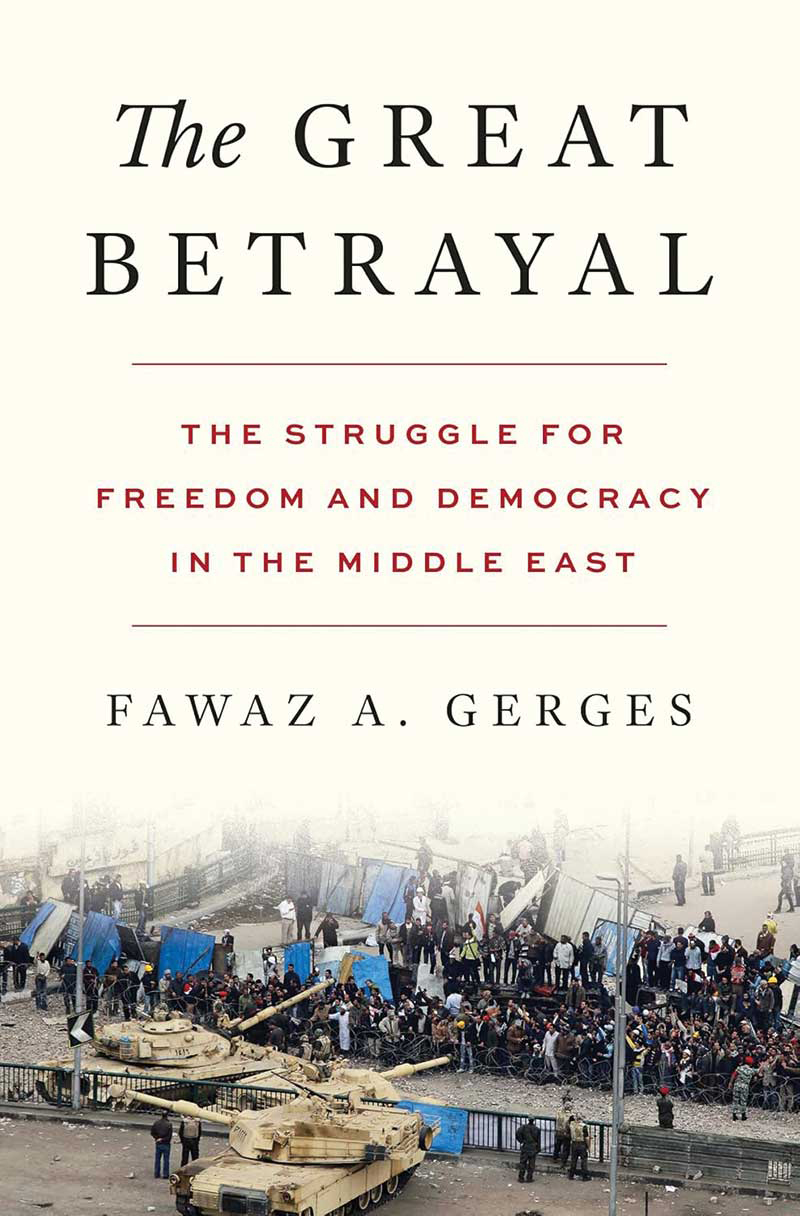Why has political change been so difficult to achieve in the Middle East, and why has the region reached this low point in its 100 years history? The people of the region have been systemically denied self determination, political participation and effective government. The agency of everyday people in the Middle East has been constantly crushed.
In my book, The Great Betrayal: The Struggle for Freedom and Democracy in the Middle East, I argue that the convergence of western social engineering, deepening political authoritarianism and the effects of prolonged regional conflicts like that of Israel-Palestine, have produced political paralysis and economic stagnation. These dominant interrelated threads help explain why there is so much upheaval and violence in the contemporary Middle East and why the aspirations of the people for self determination have been unfulfilled so far.
Get the latest news and insight into how the Big Issue magazine is made by signing up for the Inside Big Issue newsletter
From the early 19th century to the present, western powers have intervened in the internal affairs of the Middle East. Driven by imperial ambitions and economic and military expansion and control, colonial Britain and France invented the modern Middle East in their own image. The colonial powers set up the region’s borders and frontiers, as well as the nation-state as foundational governing principle, the political economy, the security services and the ruling elites.
The colonial legacy did not really end with the formal independence of Middle Eastern states following World War II. As a set of practices and an ideology, imperial domination and control has proven remarkably durable, nimble and dynamic. Western intervention (and Soviet and Russian to a lesser extent) has persisted under different guises, disrupting the region’s normal social, political and economic progression and changing its development trajectory.
In my recent book, What Really Went Wrong, I argue that the impact and effects of the global Cold War on the newly independent Middle Eastern states and societies was transformational. The region was reimagined as a Cold War chessboard, leaving a legacy marked by weak political institutions, fragile sovereignty, lopsided economic growth and political systems prone to authoritarianism.










